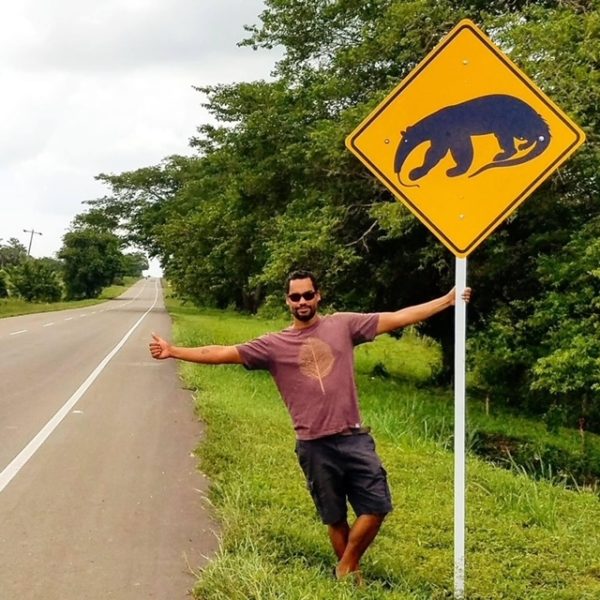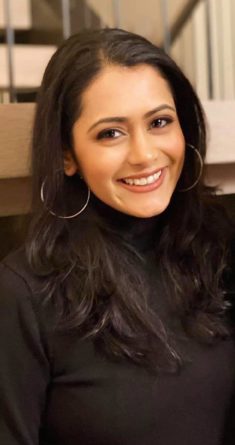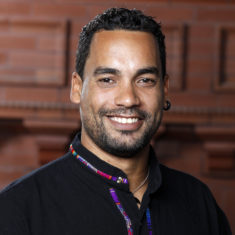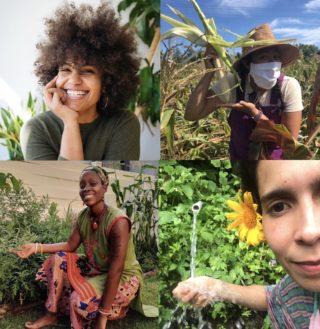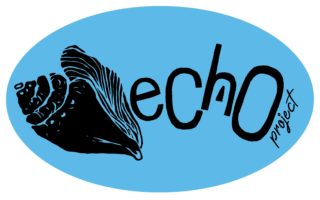Queenie Sukhadia
The Andrew W. Mellon Seminar on Public Engagement and Collaborative Research is an initiative hosted by the Center for the Humanities that allows creative practitioners, activists and scholars to cohere and work together to undertake research, teaching and other public humanities projects driven by social justice goals.
As I have mentioned in previous essays, I have always been eager to speak with other public humanists (whether or not they explicitly identify as such) about the public humanities in general, and also more specifically about the spectrum of work that is practiced under this rubric. This seminar offered the perfect setting to virtually gather with these practitioners and speak to them about how they understand the work of the public humanities. They share with us, in this interview, their particular understandings of the public humanities, their framings of the publics they are responsible to, what they see the role of a public university being in facilitating this work and how one can reach the ‘public’ through one’s work.
Each week over the next few months, we will be posting a new interview with a member of the Mellon Seminar cohort.
QS: Can you describe your project briefly? Who are your publics? How would you characterize the relationship your project cultivates with these publics? Why did you decide to make your work public-facing?
Ryan Mann-Hamilton: Environment Community Humanities Oasis
The ECHO project is an interdisciplinary endeavor that supports, reimagines and amplifies the nexus between communities, the environment and the humanities through developing new networks and forging dialogues that will inform and center environmental justice actions. The ECHO oasis is a space for organizing, a place to address the uneven social and geographic effects of the climate crisis across the Americas through a series of conversations, collaborative events, classroom activities and hands-on projects.
My publics are the multiple communities I belong to and engage with, whether they be ethnically, racially, geographically or institutionally based. The project aims to find, highlight and amplify connections between these different experiences and efforts across spaces. Therefore the relationship with these multiple spaces is one of building trust, listening and sharing the perspectives that the conversations emphasize.
QS: If you had to select one verb to articulate the work/responsibilities of the public humanities, what would it be?
RMH: Amplify.
QS: What does a 'public university' mean to you? What are its responsibilities?
RMH: A public university should be accessible in terms of cost, resources, quality of education, funded, efficient. A public university should be reflective and responsive to the demographic changes of the nation and the community it finds itself in. These changes would make the institution attractive to those who need it, thus achieving the social mobility that it claims to emphasize.
QS: What kinds of institutional supports are needed to facilitate the university’s engagement with the public?
RMH: To engage with various publics should be at the heart of institutions of higher education. They should be connected to the communities they claim to serve and therefore be responsive to their needs and demands rather than viewing these communities as constituents that need to be told what to do.
QS: How do we incentivize publics to engage with the work we do in the university? How do we generate public interest in our work? Is this a worthy goal?
RMH: To generate more ample publics, we need to include the public in the brainstorming of ideas, the organizing of sessions, include them in the processes and actions we put together and most of all change the language of what we are presenting about. Being a scholar is not about only speaking to our peers, but to a larger community that makes our work relevant. When our communication with and between communities is on equal ground, then the interest will arrive.
